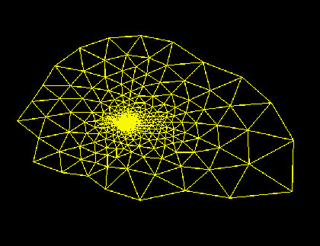Course Description
This course examines how randomization can be used to make algorithms simpler and more efficient via random sampling, random selection of witnesses, symmetry breaking, and Markov chains. Topics covered include: randomized computation; data structures (hash tables, skip lists); graph algorithms (minimum spanning trees, …
This course examines how randomization can be used to make algorithms simpler and more efficient via random sampling, random selection of witnesses, symmetry breaking, and Markov chains. Topics covered include: randomized computation; data structures (hash tables, skip lists); graph algorithms (minimum spanning trees, shortest paths, minimum cuts); geometric algorithms (convex hulls, linear programming in fixed or arbitrary dimension); approximate counting; parallel algorithms; online algorithms; derandomization techniques; and tools for probabilistic analysis of algorithms.
Course Info
Learning Resource Types
notes
Lecture Notes
assignment_turned_in
Problem Set Solutions
assignment
Problem Sets

Partitioning algorithms are used to solve complex large scale computational problems, as shown in this unstructured grid for a four element airfoil. (Image is taken from NASA’s Web site: http://www.nasa.gov.)










